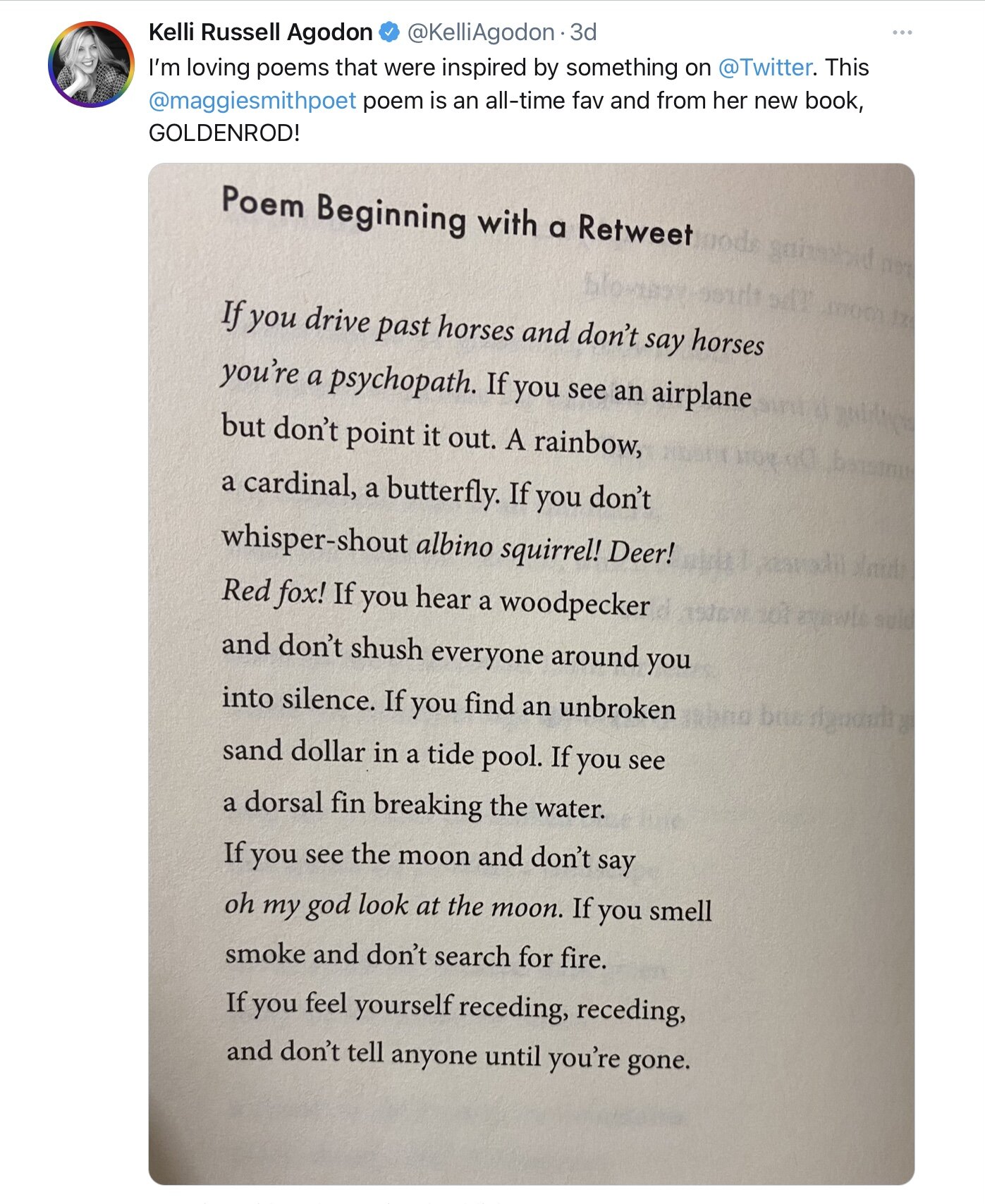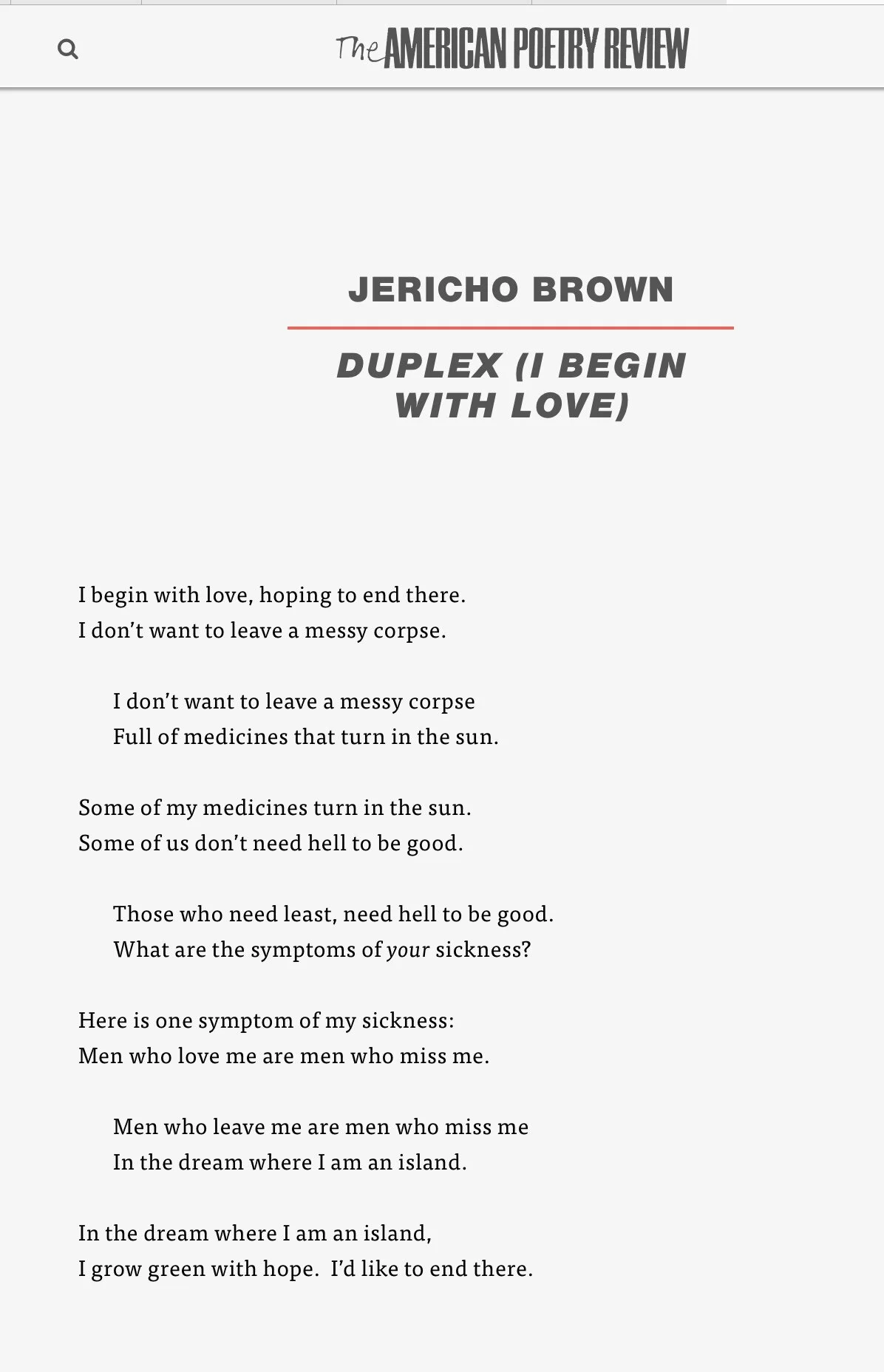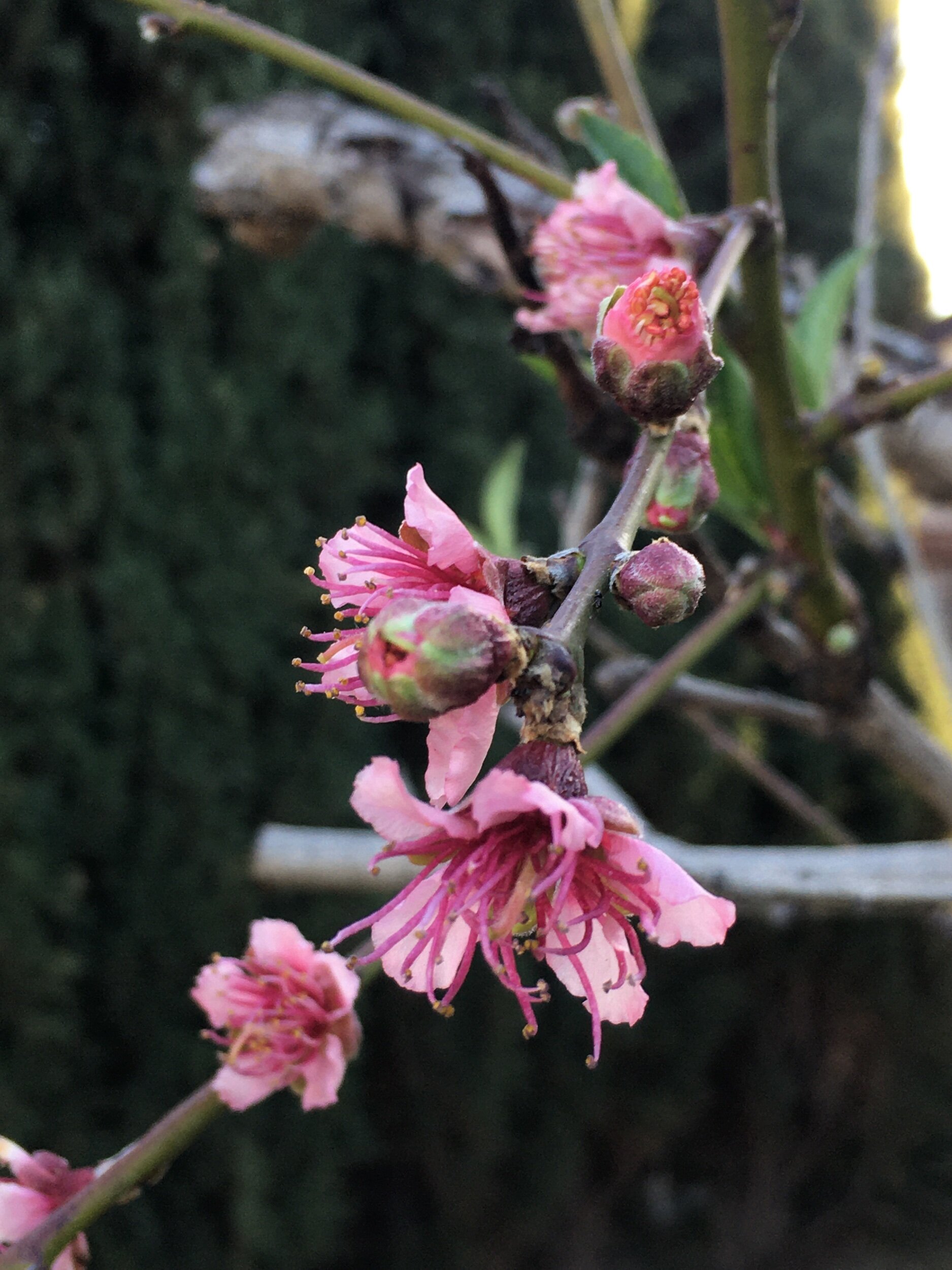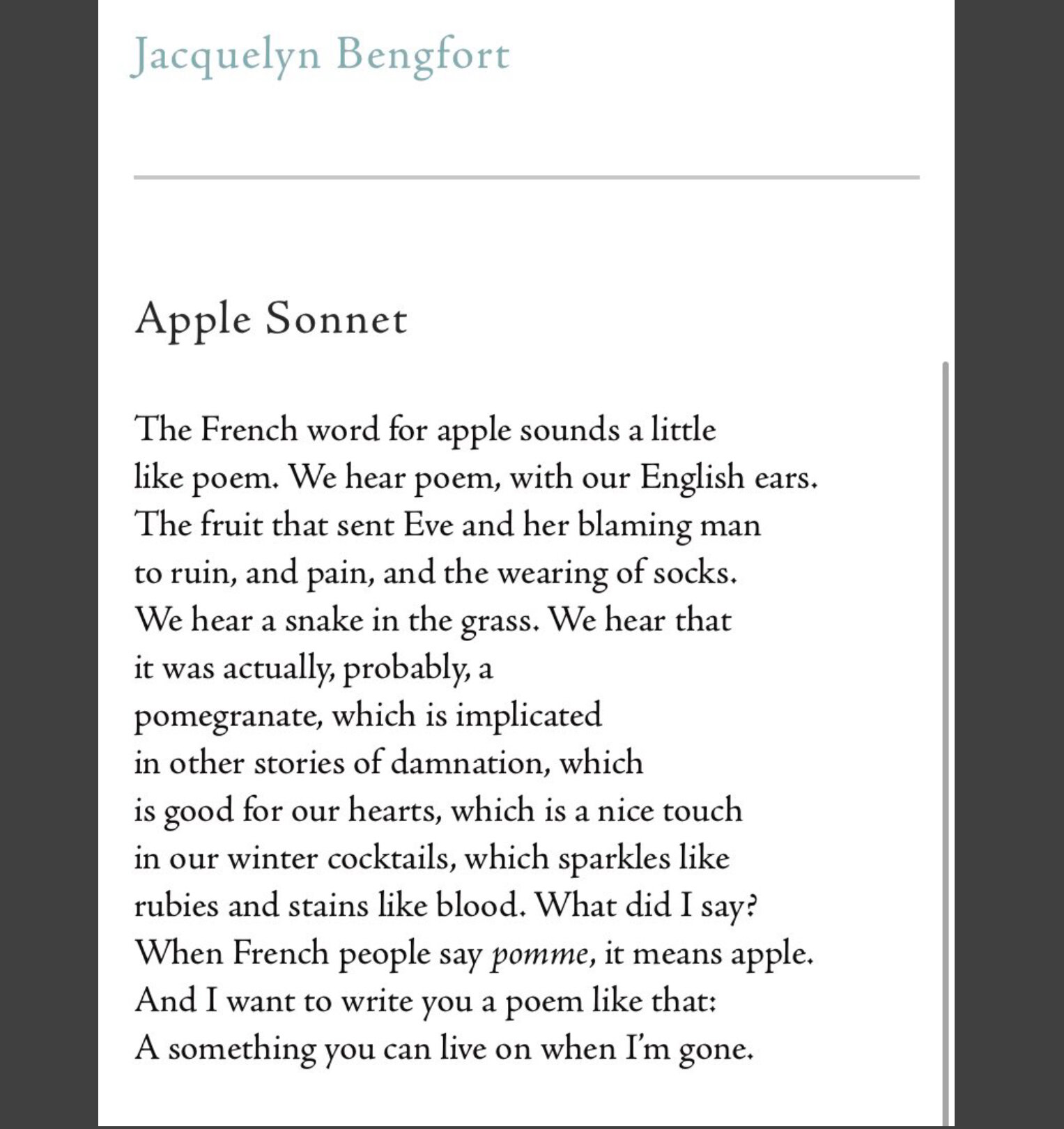Today’s prompts are inspired by this powerful poem, “Lord Knows,” by Kwame Opoku-Duku. I am once again grateful for all the poems shared on Twitter.
For the first prompt, use the lines “what we lose / once we believe we are clean” as a ghostline to create a list poem. Be sure to give credit to the poet.
For the next prompt, use the following words from the poem: “skin,” “held,” “believe,” “circling,” “weight,” “ground,” “moment,” “unrelenting,” “infinite,” and “allow.”
The last prompt is another ghostline: “What else now but to speak plainly.” Say what you need to say, what you’ve been hiding behind metaphors or forms or any other subject you could write about instead. Say it now.

































































